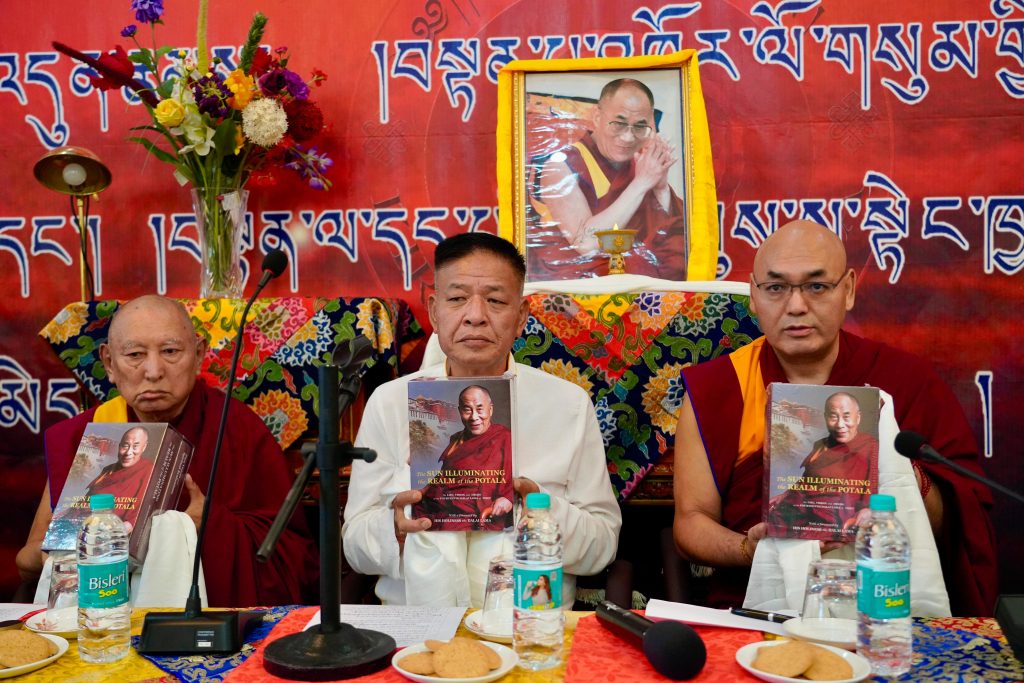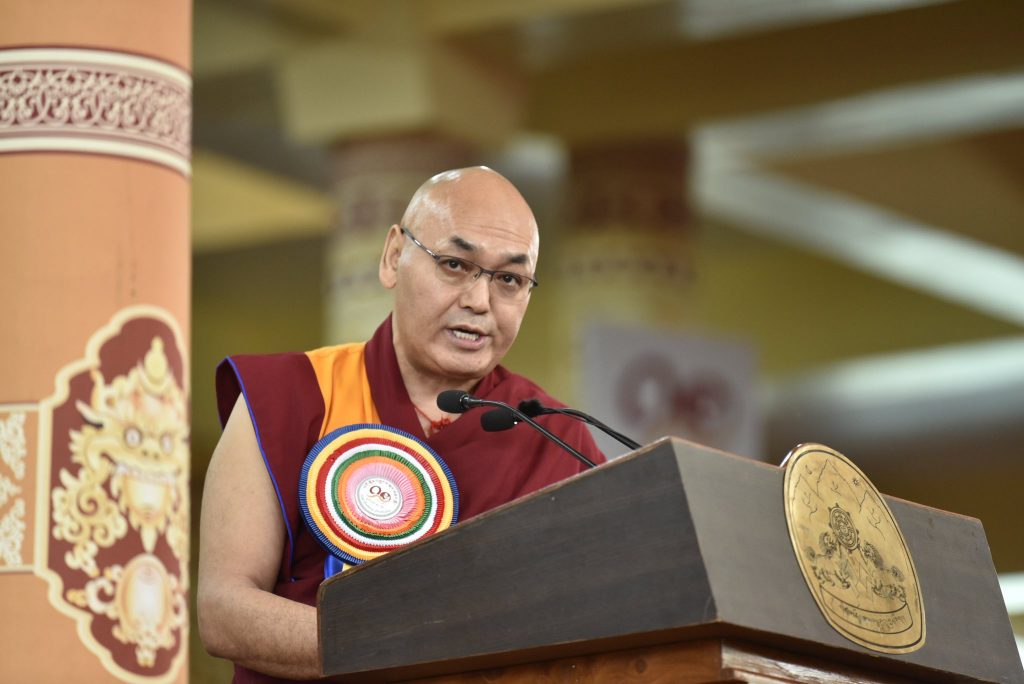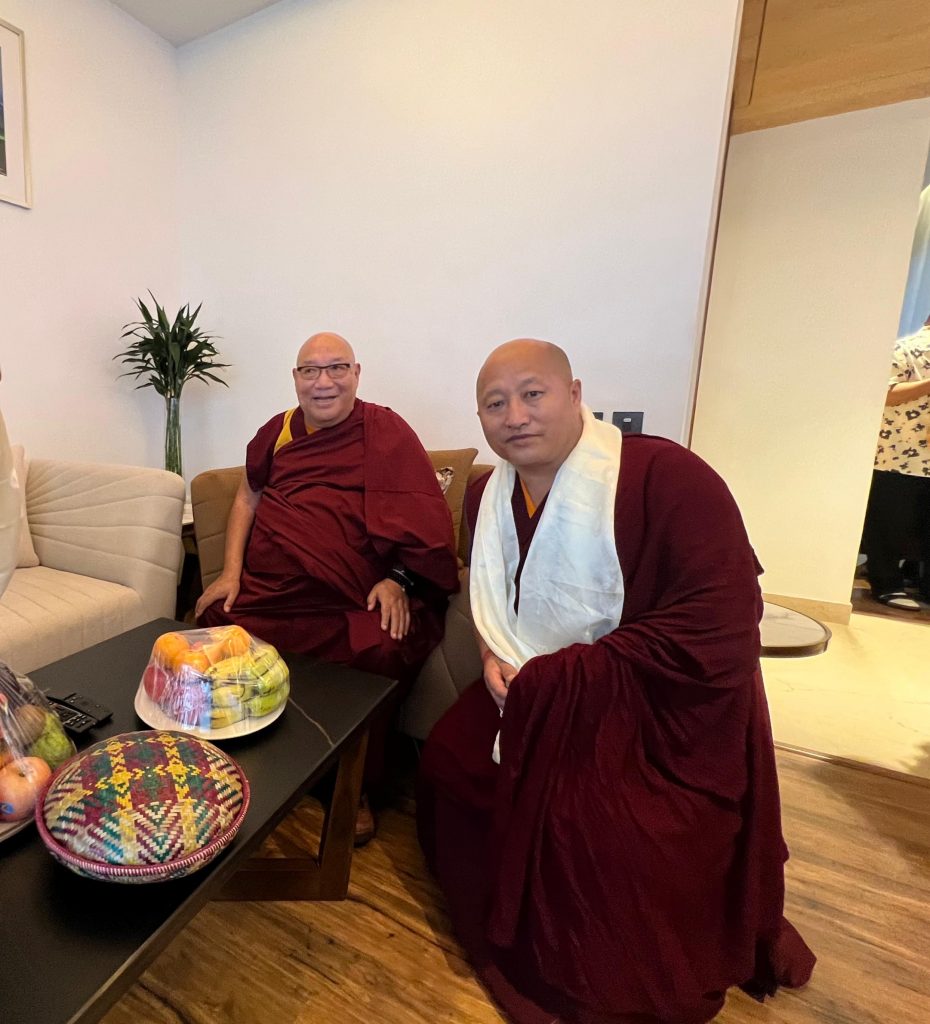
Dharamsala: Speaker of the Tibetan Parliament-in-Exile, Khenpo sonam Tenphel graced the concluding ceremony of the 23rd Tibetan Opera Festival, after its five days of performances by opera troupes from different parts of India and Nepal, as its ‘Chief-Guest’.
Chief Justice Commissioner and Justice Commissioners, members of Kashag and Tibetan Parliament, secretaries and senior officials of the Central Tibetan Administration were also present at the said ceremony as its guests.

In his address, Speaker Khenpo Sonam Tenphel addressed the gathering on the importance of abiding by the guidance and advice of His Holiness the Dalai Lama. Narrating a brief biography on the founder of the Tibetan opera, Drupto Thangtong Gyalpo, he spoke on the important role that Tibetan opera plays in safeguarding Tibetan culture and tradition.
Lauding the rich literary texts of the Tibetan opera, which is about 600 years old, Speaker said, ‘The content of Tibetan opera is highly relatable to our daily lives. I have read the literary narrative of Chungpo Dhonyoe Dhondup few times and it always tears me up. It is a quintessence in itself. From one point of view, it is a unique culture and highly necessary from the point of worldly customs yet it also has the potency to guide and lead to one to emancipation from this transient world and obtain omniscience from the spiritual aspect as well.’
He also expressed his gratitude to the artistes of Tibetan Performing Arts as well as the members of the eleven opera troupes from the different part of Indian and the one from Nepal, for their dedication and contribution in the preservation of the Tibetan unique culture and tradition. Speaking on the importance of preserving one’s tradition and culture, he said, ‘Our present circumstance is such that we are deprived of our own land, forced to live in exile and endure disparate hardship for the last 60 years. However, we also have been able to preserve and promote our language, religion, culture and custom in exile too, indicating our ardent spirit and capability in prevailing our truth in future as well. It is, in particular, very important, for the new generations to pay attention to our unique religion, culture and language, especially to our indigenous opera literary scripts and plays and to strive to sustain them in perpetuity. For struggle movement of any race to survive, the survival of its indigenous language and culture is of utmost necessary.’



Click here for the detailed speech in Tibetan.




